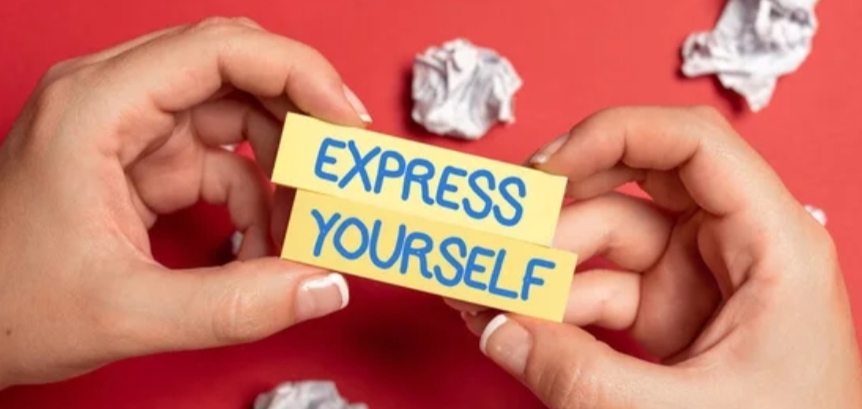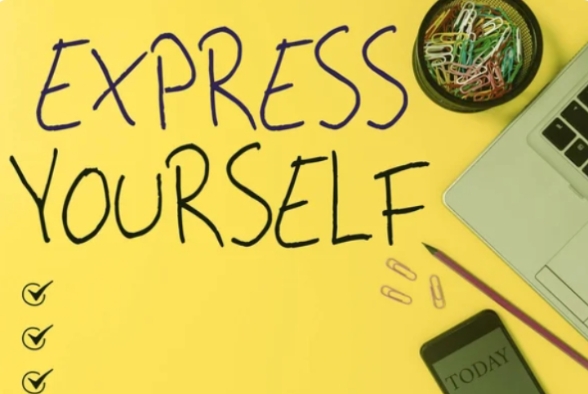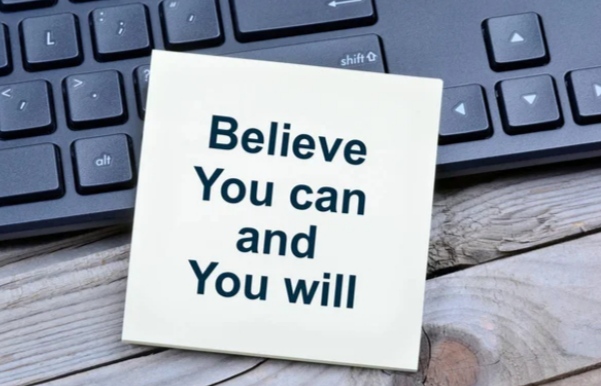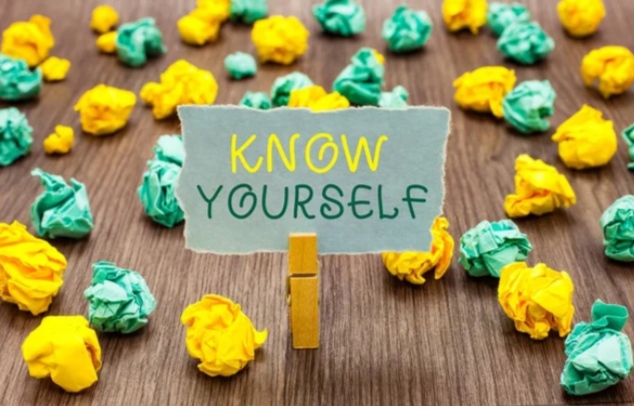
It is a natural human desire to want to connect with others, build relationships, and make friends. However, it is important to remember that not everyone may be receptive to your advances. Also, it is crucial to respect boundaries and never push yourself onto others.
Pushing yourself onto others can manifest in various ways, such as constantly trying to initiate conversations or hanging around someone who clearly is not interested in spending time with you. This behavior can make the other person feel uncomfortable, pressured, and even threatened. It is important to remember that everyone has their own comfort level and boundaries. It is essential to respect and honor them.
When you push yourself onto others, you not only disregard their feelings and boundaries but also undermine your own self-worth. It is essential to recognize that not everyone will want to be your friend or engage in a conversation with you, and that is perfectly okay. There are plenty of other people who will appreciate your company and enjoy your company without you needing to force yourself onto someone who is not interested.
Moreover, pushing yourself onto others can damage your reputation and relationships. People may begin to see you as pushy, inconsiderate, or annoying. This can have long-term consequences on your social interactions and connections. It is important to build relationships built on mutual respect, trust, and understanding. Do not force yourself onto someone who is not receptive to your advances.
Instead of pushing yourself onto others, focus on building genuine connections and respecting the boundaries of others. Be open to meeting new people but also be mindful of their feelings and comfort levels. Remember that relationships are a two-way street, and both parties should feel comfortable and willing to engage in conversation and spend time together.
Therefore, it is crucial to never push yourself onto others. Respect their boundaries, understand their comfort levels, and build relationships based on mutual respect and understanding. By doing so, you will not only strengthen your relationships but also create a positive and welcoming environment for yourself and those around you.







